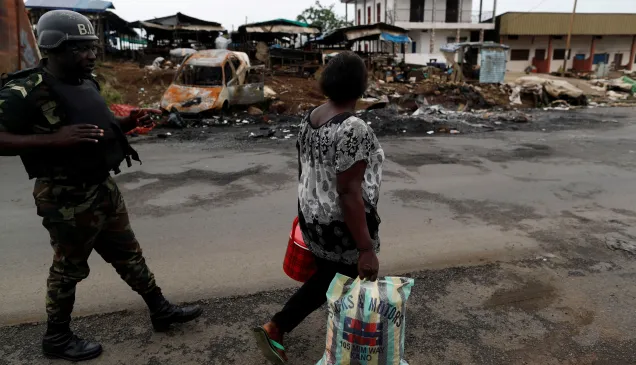Children and War: The Impact of Weapon Contamination in Iraq
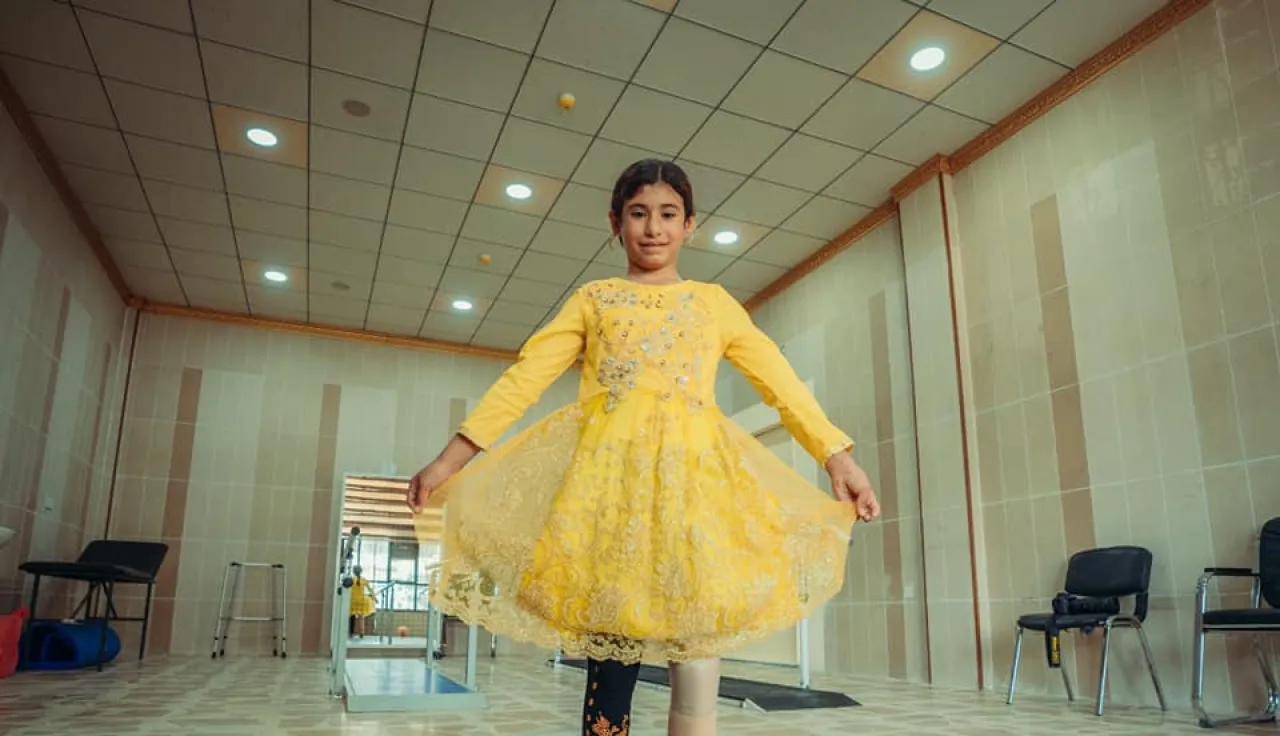
Children are especially vulnerable to the dangers of war remnants. Over 519 children have been killed or injured in Iraq between 2017-2022 from explosive ordnance. (According to UNICEF).
Shujaa and Fadhil, two young boys from Baghdad, were innocently playing near their home when tragedy struck. While disposing of garbage in an empty lot, an unexploded remnant of war detonated, leaving them injured. While Shujaa's injuries healed swiftly, Fadhil endured severe wounds to his legs, embarking on a long journey of recovery.
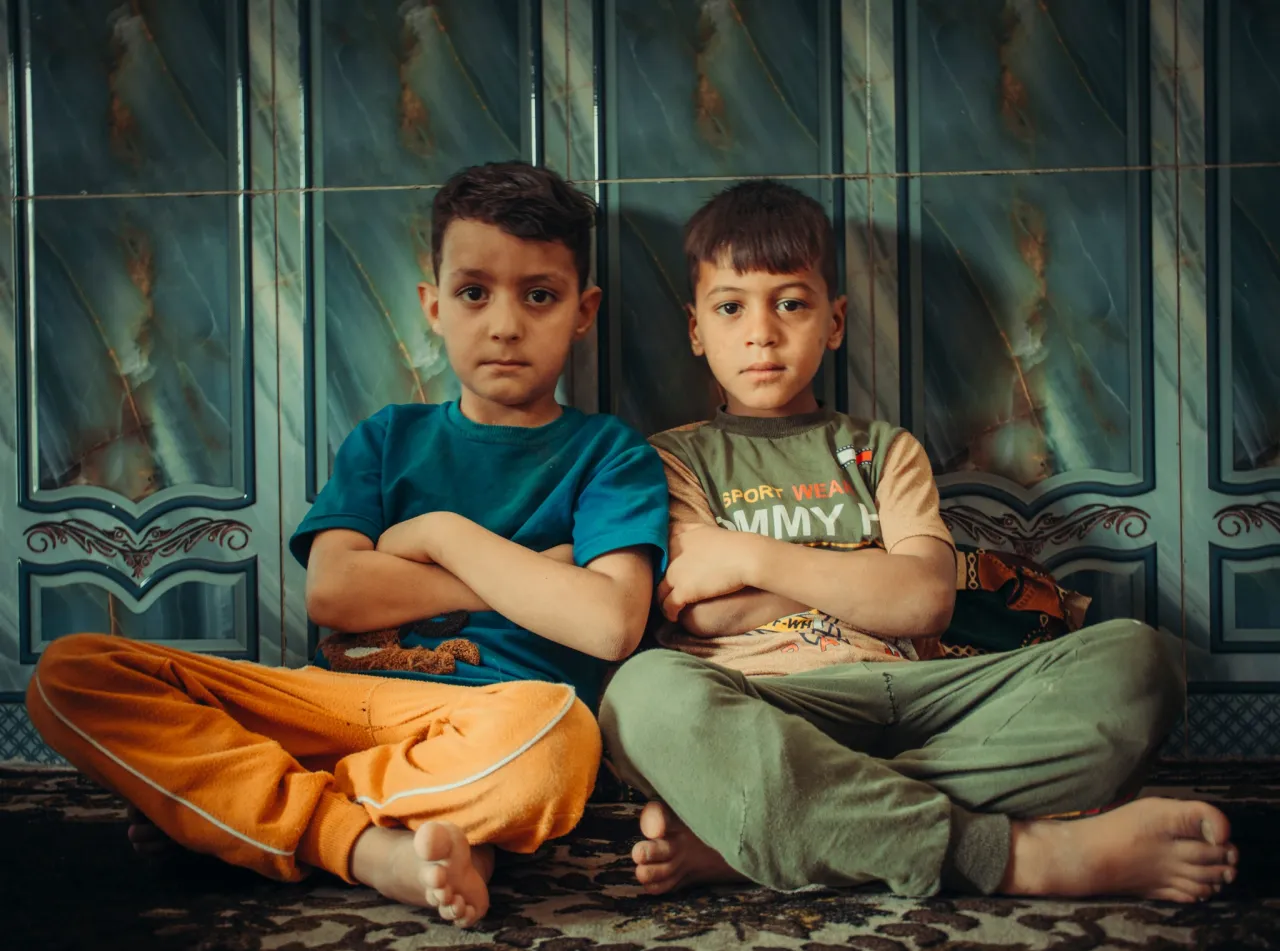
Shujaa and Fadhil | Baghdad, Iraq
Further north, in the war-torn province of Nineveh, Sundus's life changed forever during the tumultuous years of conflict from 2014 to 2017. In an attempt to flee to safety with her family, she unknowingly stepped on a mine, losing both her legs in the ensuing explosion.
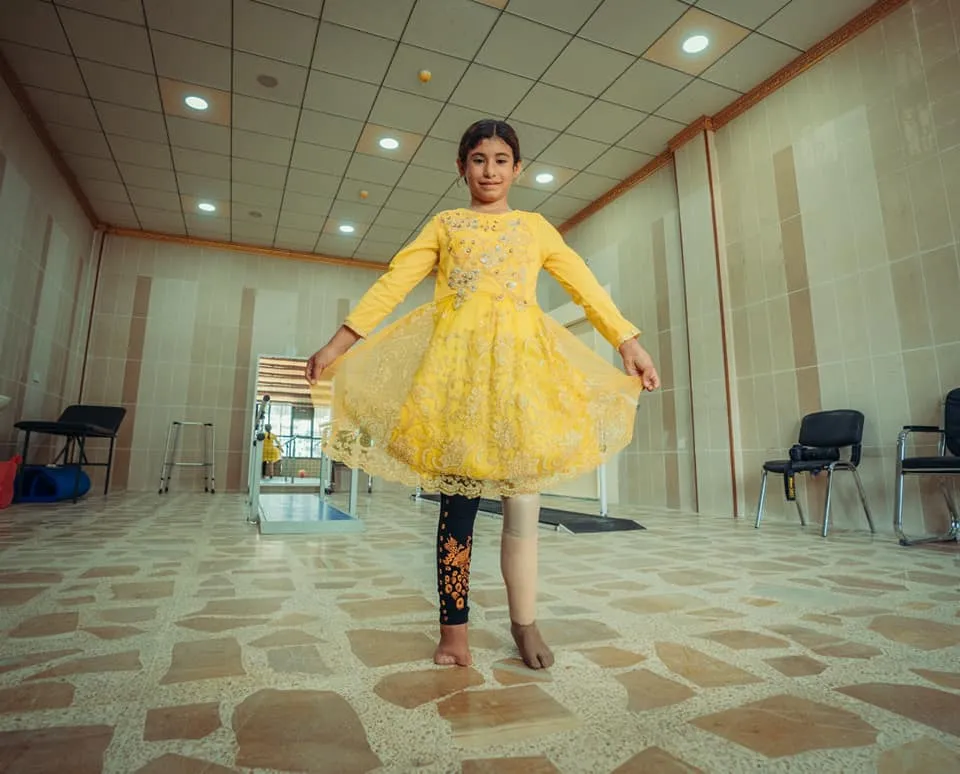
Sundus | Ninawa, Iraq
Meanwhile, in Diwaniyah, a young student named Hussein faced a similar fate. While returning home from school, he encountered an unexploded remnant of war while he was playing near it. The explosion cost him his right leg and several fingers on his hand. Despite the adversity, Hussein's resilience shone through as he embarked on the path to recovery and pursued his dreams with the support of his family.
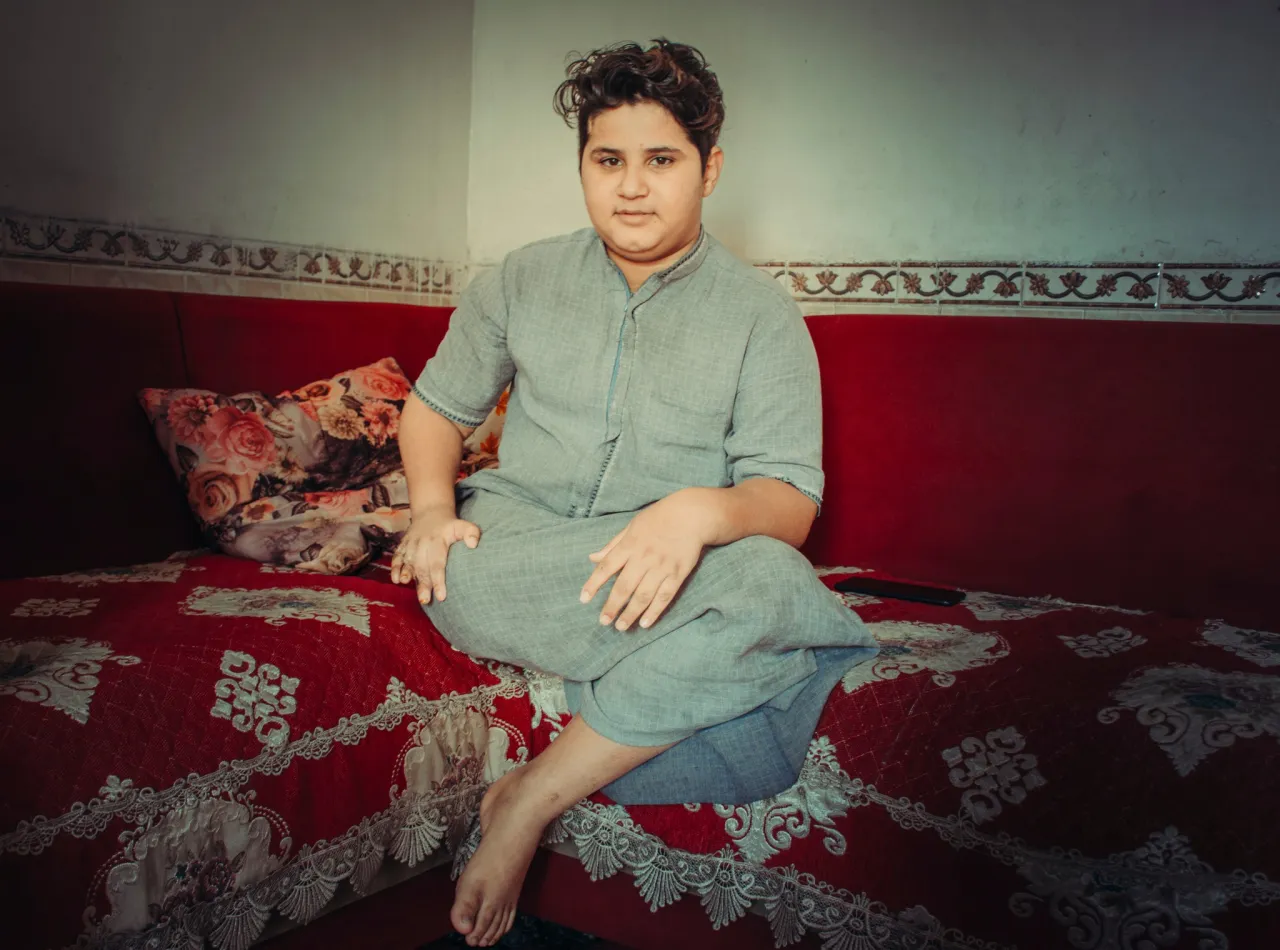
Hussein | Diwaniya, Iraq
The ICRC focuses on protecting children and reducing their risks. By offering support and expertise, the ICRC helps communities create safer environments for children through risk education and awareness raising sessions to the danger of explosive remnants of war in schools across Iraq.
These stories highlight the profound impact of explosive remnants of war (ERW) on communities across Iraq. As one of the most heavily contaminated countries in the world, Iraq grapples with the enduring legacy of past conflicts, including landmines and cluster munitions. Basra, in particular, stands as a stark reminder of this reality, with a pollution rate of 1,200 square kilometers (statistics by Directorate Mine of Action by 2024), making it one of the most contaminated cities globally.
The ICRC plays a vital role in addressing this crisis, providing essential support to those affected by war remnants. Through financial aid, awareness campaigns, and physical rehabilitation services, the ICRC offers hope to those dealing with conflict-related injuries.
However, the challenges persist, especially with millions of internally displaced persons (IDPs) and returnees as the presence of ERW poses a constant threat to their safety, hindering access to essential services and impeding the process of rebuilding their houses and communities.
As Iraq works towards recovery, stories like those of Shujaa, Fadhil, Sundus, and Hussein inspire hope. Despite facing adversity, they show resilience and determination to rebuild their lives.
The ICRC continues to advocate for policies that prioritize civilian safety. By collaborating with various governmental and non-governmental stakeholders, the ICRC aims to create a future where communities can live without the fear of war remnants.



